Sleep is more critical to our mental health than we ever thought before: How lack of sleep directly
- Dyanna Villesca
- Feb 2, 2020
- 4 min read
This past Friday, I attended a professional workshop held by Dr. Candice A. Alfano, Ph.D. She is the director of the Sleep and Anxiety Center of Houston at the University of Houston. We may assume that anxiety can lead to insomnia or sleep problems, but in her longitudinalresearch, lack of sleep directly causes a decrease in mood and increases anxiety. This is because the brain structures most affected by sleep, those that control arousal, emotions, motivation, and self-regulation are the ones that are directly impacted, in a bad way. She showed that even one or two nights of poor sleep increases a person's (yes, both children and adults) reactivity and arousal, and reduces the ability to self-regulate our responses. Thus, a person may be more reactive, irritable, and less able to handle daily life stress if they aren't getting adequate rest. This happens with just one or two nights of inadequate sleep, what about chronic sleep problems? She indicated that how much it negatively affects someone varies based on the individual, but many of us are more susceptible to even minor disruptions in sleep. Those with the highest level of trait anxiety (your genetic predisposition) showed the greatest increase of activity in their amygdala (the emotion center of our brain). This means that if you are a highly anxious person to begin with, if you are having poor sleep, it's continuing a cycle of always feeling anxious...and feeling less capable of handling what comes your way. Even more alarming, she found that those with the highest anxiety levels and the lowest amount of sleep was most predictive of suicidal ideation three years later (even when controlling for age, other diagnoses such as depression, etc.). Dr. Alfano also found that unaddressed sleep problems also increases a person's risk of relapse in individuals who were successfully treated for depression. All these studies lead to a pretty important point: sleep is critical and essential for good mental health.
In our current crazy times, we have so many responsibilities and duties. Sleep is often the behavior that gets cut short, and my purpose in writing this article is to remind you how criticala good night's restis to our mental health, for both us and our children. While there are factors outside of our control that impact our quality or quantity of sleep, focus on the things that you can control. As Dr. Alfano mentioned, sleep is a learned behavior. Here are some basic tips she mentioned that I'd like to pass along for good sleep hygiene:
-Don't sleep with the T.V. on (I know, I know, some of us think we need it). Dr. Alfano stated that the T.V. continues to make noise even after you fall asleep. Since we sleep in cycles (light sleep to deep sleep) throughout the night, it is more likely to wake you up during the lighter stages of sleep. She recommends that if you have to fall asleep with the T.V., at least use a timer feature.
-Don't take more than a 20 minute nap during the day. Many of us (especially teens) fall into the trap of staying up late and then getting up early for school/work. Exhausted when we come home, we take a 1-2 hour nap. This disrupts our natural circadian rhythm and never allows for a healthy sleep cycle to take place. Also, Dr. Alfano stated that you can't make up sleep by crashing on the weekends and sleeping in until noon or later. You won't reap any benefits by doing so. Regular...sleep...patterns.
-Bedtime should be associated with feeling sleepy. If after 20 minutes you can't fall asleep, get up and do something boring (read a cookbook, read the tax code, insert the boring activity of your choice). Try again when you feel sleepy. She also stated that biologically, adolescents circadian rhythm sets later. Thus their bodies many not be tired until late at night, which does not help when they still have to get up so early the next morning. There's not much we can do about that but advocate for later school schedules.
-Taking Tylenol PM or other sleep aids (Ambien) is not recommended. Dr. Alfano says you develop a tolerance and need more of the medication over time.
-She stated melatonin is not a drug, it provides a signal to the brain that it's time for sleep. It's also not a sedative. She stated that it can be helpful to take, but needs to be taken at least one hour before sleep so it can work with your body's other hormones to trigger sleep.
-Sunlight is the best source for setting a healthy circadian rhythm. Get outside.
-Focus on creating a healthy bedtime. Check the room temperature (67 degrees is the ideal temperature), use black out curtains, white noise machines, etc. Set up your bedroom for optimal sleep.
-If you are having trouble getting a good night's sleep, or your child is resisting bedtime, Dr. Alfano recommends seeing a psychologist for cognitive behavioral therapy (CBT). We can work with you on additional strategies to help you or your child get that good night's rest.
I hope that this was informative even if in some small way. I wish you a great day and a great night's sleep.



Comments